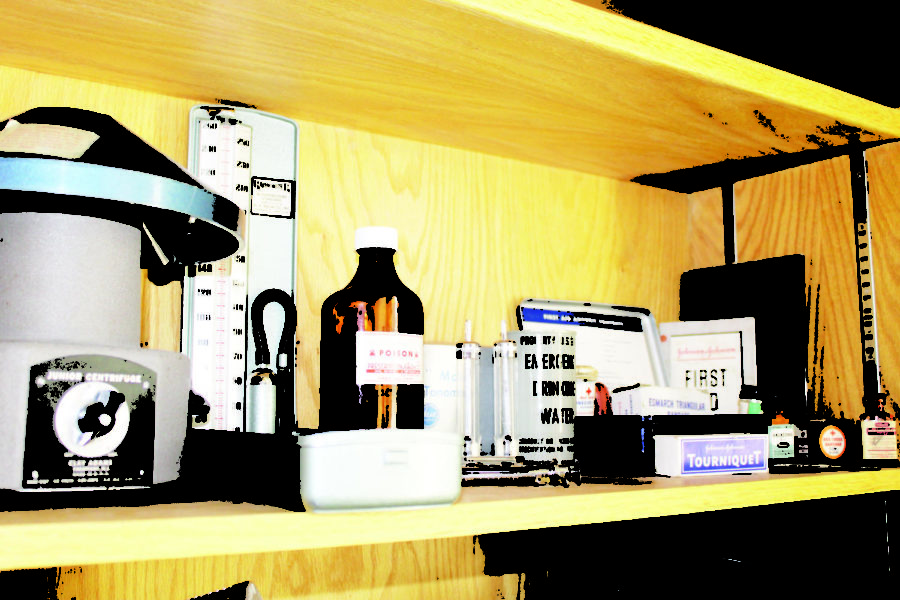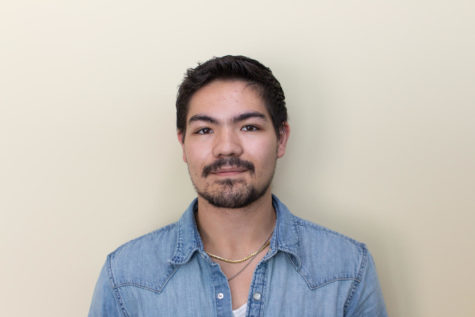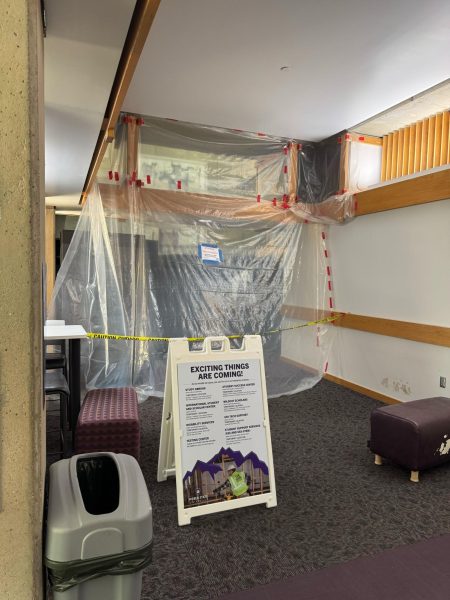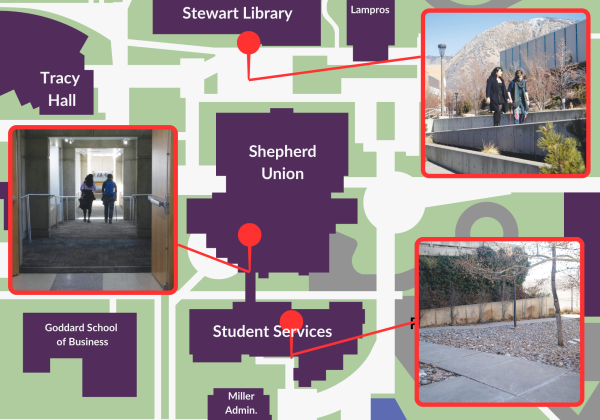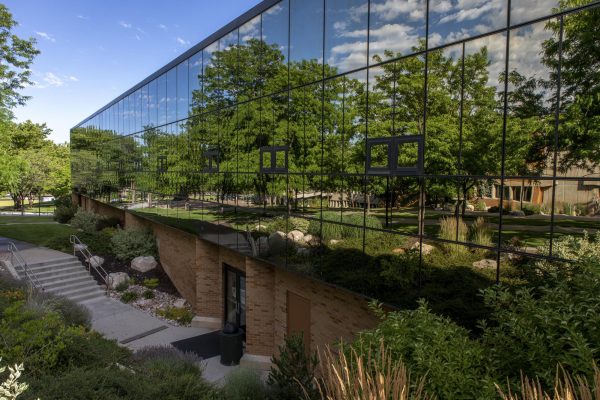The undecided direction of the Student Health Center
At the Student Senate meeting on Sept. 26, interim vice president and Dean of Students Jeff Hurst and executive director of counseling, health and wellness Dianna Abel confirmed to Weber State University’s student body that WSU is considering outside proposals for student healthcare. It’s been made clear that if the university decides to outsource student healthcare, it would come with the trade-off of losing the Student Health Center on campus.
According to Hurst and Abel, the chief reason behind WSU’s reason to begin considering alternative options for student healthcare is the purported decrease in the SHC’s visitation numbers in recent years and the possibility of expanding the suite of healthcare services that students have access to.
According to Dr. Benjamin Heaton, physician and executive medical director of the SHC, they’ve been aware that the university has been considering this change since July. To their understanding, reasons for the clinic’s endangerment originate in an inability to hire the proper staff and to establish a consistent passage of communication with university administration.
Currently, the SHC has one physician, one medical assistant, one pharmacist and one administrative specialist. According to SHC staff, the clinic should at least have another medical assistant and mid-level provider in order to most effectively see students.
As of last week, Abel allowed for the publishing of two temporary employment job listings on the university’s employment page: one for a medical assistant and one for a mid-level provider. The listings stipulate that both positions are to be filled through April 2023.
However, Heaton has expressed the need to hire an additional medical assistant and possibly another mid-level provider. He explains that without having access to the SHC’s budget, it’s been difficult finding the opportunity to hire additional staff and properly advertise for the clinic.
Heaton expressed his frustrations over the lack of administrative control he has at the SHC despite being its sole physician and medical director.
“I’m the director of a department,” Heaton said. “How am I supposed to streamline, grow and maximize the services we provide when I don’t even know what capabilities I do or don’t have?”
Even with the job listings up, Heaton and the staff at the SHC worry that, due to them being listed as temporary positions, the positions may not be filled. SHC staff also said it’s a hard sell to ask someone to leave their current job for a position that will only remain valid for seven months, at the most.
Heaton and the SHC’s administrative specialist, Jami Gillis, said the SHC’s numbers have improved as the pandemic dwindled to a close earlier this year. Gillis explained that if the SHC were allowed to hire the needed staff, visitation numbers could improve.
“If we were able to get staffed, get the support we needed and get advertising done, we could 100% get our numbers up,” Gillis said.
Though details aren’t completely clear at this time, it’s been projected that the earliest change to the SHC could take place toward the end of spring semester 2023.
According to Hurst, due to the “competitive nature of the procurement process,” it cannot be disclosed at this time what candidates WSU is currently considering in their current exploration of options concerning the outsourcing of student healthcare.
With the prospect of the SHC closing, concerns among the student body have been vocalized concerning how the outsourcing of student healthcare to outside contractors could affect students in terms of accessibility to medical services.
The concern is apparent to students who either don’t have insurance or are from out of state and whose insurance plans aren’t accepted in Utah. A significant portion of the SHC’s patients happen to be students in these situations or similar ones.
“We know that there are a variety of different configurations of insurance for students,” Abel said. “We don’t want students, based on their insurance, to have a different experience with their healthcare.”
Besides concerns about accessibility concerning insurance coverage, worries were also vocalized about the potential changes in financial accessibility that could occur in the outsourcing of student healthcare. Students and staff at the SHC worry that this change could result in an increased financial burden on students seeking medical care.
“Our hope is that either we decrease the cost of student medical services, if it worked out to outsource, or that we would get a wider variety of services and availability for a comparable cost,” Hurst said.
Heaton said student fees already cover the care and medical services being offered at the SHC, and worries students will end up paying more out of pocket if services are shifted off campus.
“If you go to IHC or the Ogden clinic, they make their money off billing, whether they bill the individual or the insurance company,” Heaton said.
During the student senate meeting on Sept. 26, Hurst outlined some of the possibilities for improved student healthcare if the outsourcing did happen, some of which included the possibility of multiple clinics in a variety of locations and improved access to a wider array of specialty care options.
However, based on the information made publicly available to the student body and through his own experience, Heaton doubts the feasibility of a plan where student healthcare is outsourced to a variety of locations through an outside provider without increasing the cost of services to students.
Heaton also commented on what Hurst had previously said about the administration’s intent to either decrease student cost as it relates to access to healthcare or keep it the same. At the minimum, this would mean maintaining the precedent that WSU students can visit a clinic without needing to pay a copay.
“I don’t see how they could go to an off-campus medical provider and not be required to pay a copay, that’s standard everywhere,” Heaton said.
To date, the SHC has existed for over six decades to provide WSU students with accessible healthcare in order to help ensure that students can remain in good health while focusing on their academic careers.
Today, students seeing the SHC are spared the financial burden of paying a copay in addition to having access to a variety of services and medications at a reduced price.


